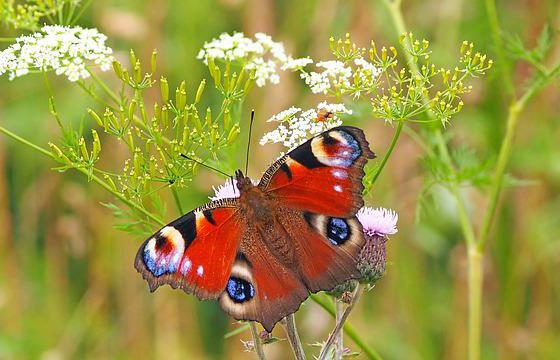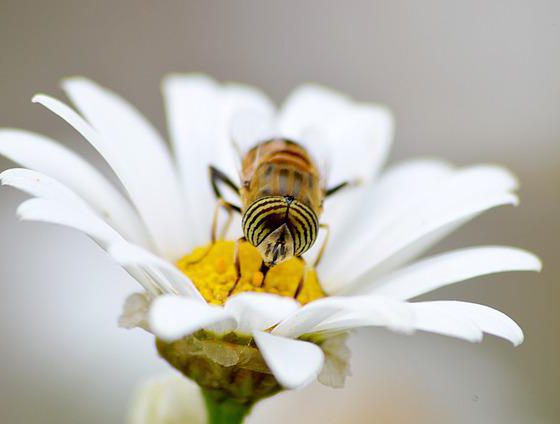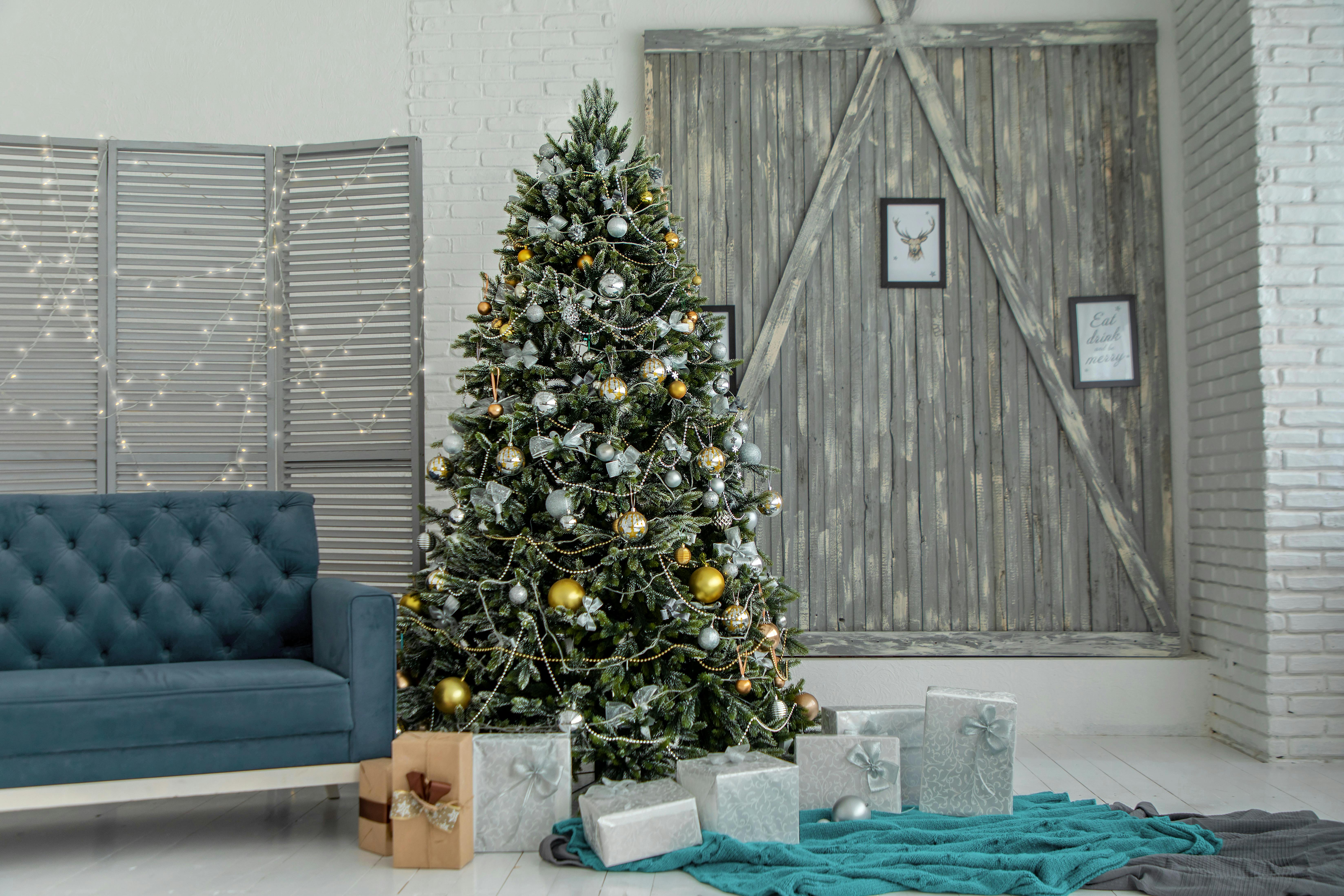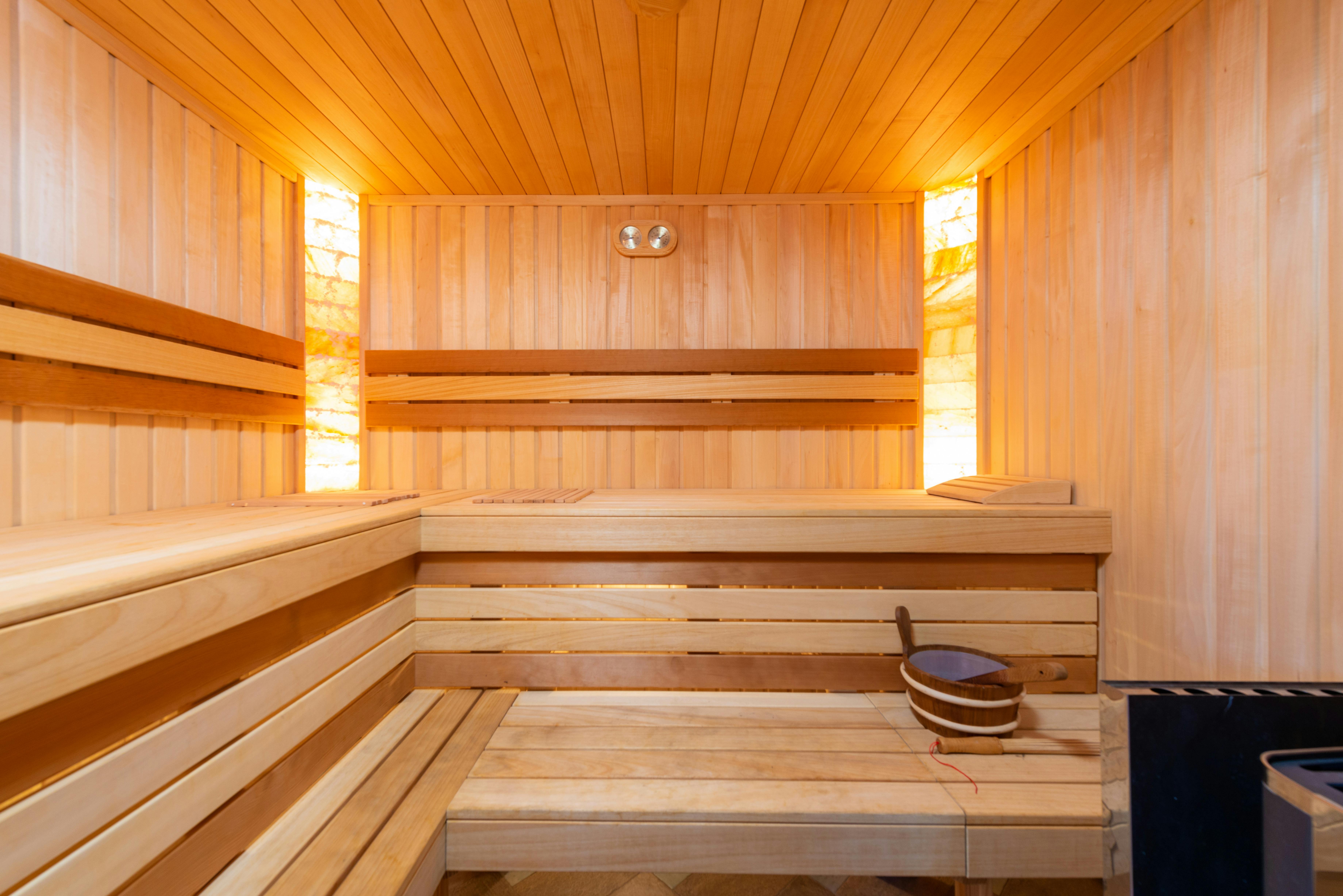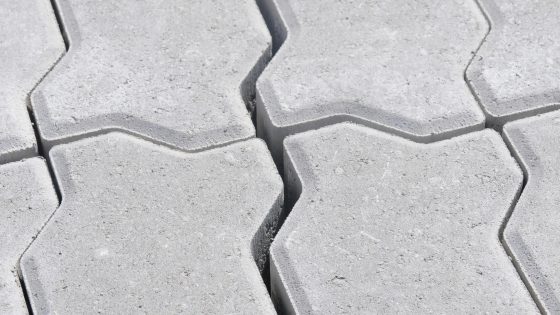Pollinators are the bees, butterflies, hummingbirds, beetles and flies, amongst a long list of other creatures, that help to pollinate the plants responsible for our food. From the coffee and tea that start off our days to the chocolate and tequila that enrich our days, we owe 75% of the food we eat to pollinators (https://ourworldindata.org/pollinator-dependence).
Choosing the right plants
Creating a pollinator garden might seem easy enough but choosing the right plants is actually key. The plants you choose should be native to your area. Including plants that are great pollinators but not found in your area can actually do more harm than good. Non-native species can threaten native species. Non-native plants can also negatively impact the life-span of pollinators that depend on such plants for survival by providing nourishment for only part of that pollinator’s lifecycle.
Avoid chemicals!
The next step to creating a great pollinator garden for your Toronto home is to forego the pesticides and espouse natural fertilizers. Be sure that any plants you buy at your garden centre haven’t been grown using pesticides or water soluble chemicals. These chemicals are very harmful to pollinators and can even be lethal. The worst part? These chemicals can remain in a treated plant for up to seven years.
What’s in a good pollinator garden
Here’s what to include in your Toronto pollinator garden to create a paradise for your local bees and butterflies.
- Make sure you have a diverse offering of native plants that produce pollen and nectar for adult pollinators.
- Include plants that can support butterfly and moth larvae.
- Have a readily available water supply and create nooks for nesting.
Best pollinator plants for Toronto
The Toronto Botanical Garden blog has put together a list (https://torontobotanicalgarden.ca/blog/plants-for-pollinators/)of native plants that will attract pollinators to your garden. Included are favorites such as Beebalm, Dogwood and Godenrod.
If you have never created a garden before, it is best to consult with your local nursery to get the best advice on what works in your area. Doing our part to help keep our pollinators healthy will also give you a beautiful garden.

